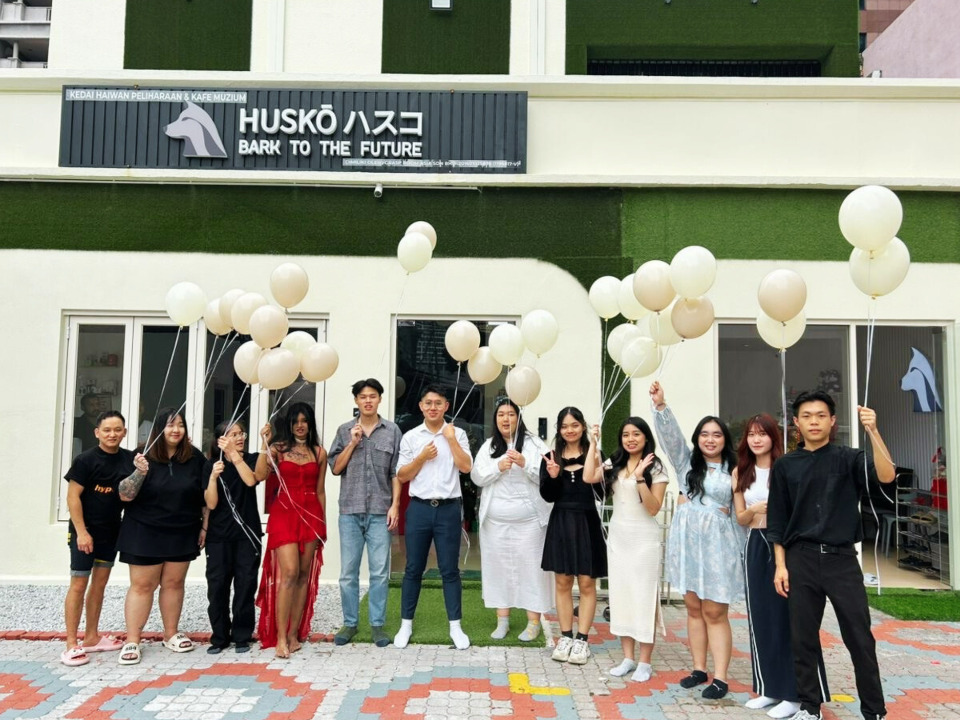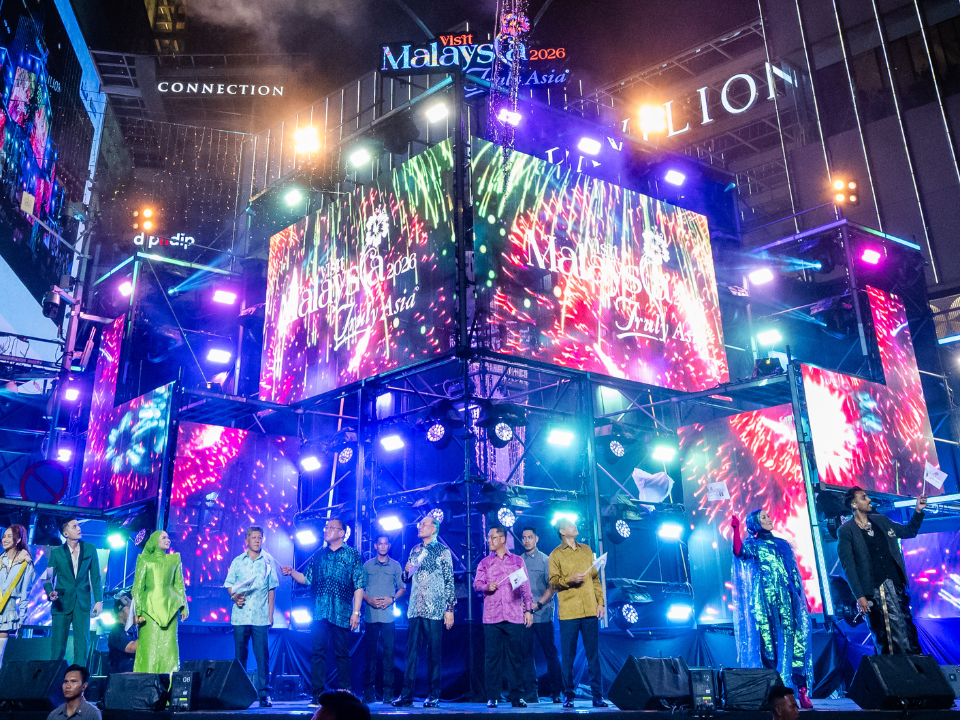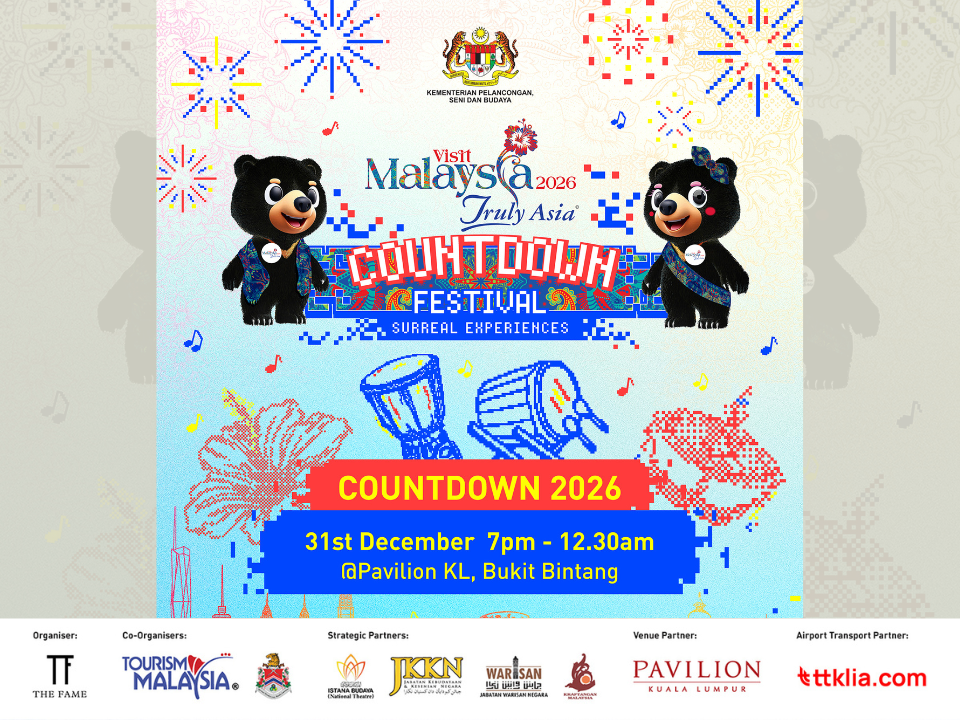
Image via Freepik
The Department of Statistic Malaysia (DOSM) reveal that 15% of Malaysia population aged around 60 years old and above. Senior citizen above 70 continue to work past 70 and it’s becoming a trend in Malaysia aging society. At their age, these elderly supposed to rest at home enjoying their remaining life, but many Malaysian elderly still have a lot to offer to the society.
This issue has been recognized by the law and institutional reform minister Azalina Othman Said who previously suggested that the government study extending the retirement age to 65 considering that many elderly remain fit and capable in their 60s.
The Years of Effort of Malaysian Senior Citizen
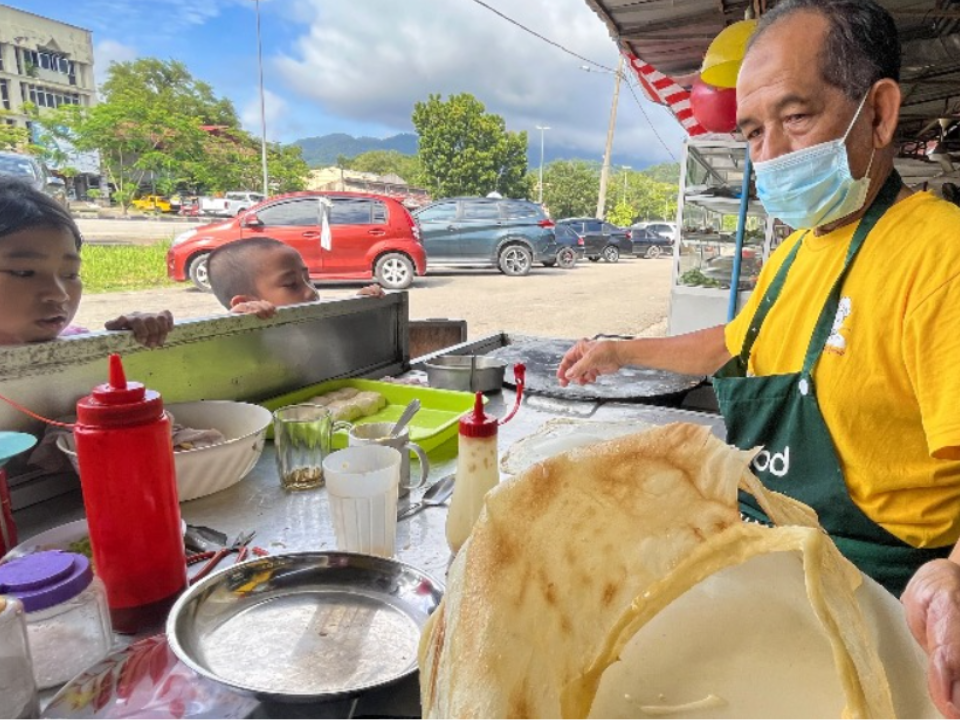
Image via Bernama
The growing economy of Malaysia industry is a part of senior citizens hard work and dedications, they are the important pillar to Malaysian economy in term of selling goods offering services, working at a small shop and even as a Grab driver.
Many of Malaysian elderly are still working after retiring due to lack of formal pension or steady EPF saving as many of them spend years of their life working on their own or by doing gig work. Even after reaching 60-70s they believe that they need to continue working to make a living.
It’s Not Just for Making a Living
There is more reason behind their dedication to stay working despite old age, Many Malaysians in their 70s continue to work due to never ending needs from financial, personal motivation, and a sense of purpose. Here’s what keeps many of them going:
1. The Cost of Living Doesn’t Retire
Retirement plans for many are not financially realistic as not everyone has consistent EPF contributions, and some had to use their saving during emergencies. Older Malaysian are left to stay employed at old age to afford food, rent, and healthcare.
2. Their Pride in Independent
When we are kids, we are taught to be independent, and this mindset stays even when we are older. Many seniors feel a strong sense of responsibility and choose to keep working because they don’t want to depend on their children. The older generation carry a strong sense of pride and responsibility to take control of their live and protect their self-worth.
3. Movement is the Best Medicine
Working helps elderly to maintain their health mentally and physically. For many elderly, working gives them purpose in life and studies show that staying engaged through work, volunteering, or social activities reduces the risk of chronic disease and memory decline.
4. They Love What They Do
Some elderly people never stop working because they love what they do. They love their craft, their community, and the meaning it gives to their lives. For them, work is a source of joy and it’s a part of who they are.
How Malaysia Can Support Active Aging

Image via wikiimpact.com
In your lifetime you’ve probably seen these active seniors yourself, whether they are at the park running at a steady pace for hours or endlessly managing their small shop from dawn to midnight. They are strong, lively, and determined.
Ageism in hiring, inadequate infrastructure, and limited social protections remain real issues. It’s time to create a society that not only acknowledges senior citizens but empowers them.
To do that we must:
- Offer flexible and part-time job opportunities tailored to older workers
- Provide health and wellness programs specific to senior needs
- Promote lifelong learning, especially digital literacy
- Build public spaces and transport that are elder-friendly
We also need to reframe how we see aging, not as decline, but as continued contribution.
A Shared Responsibility for a Stronger Malaysia

Image via Freepik
Malaysia’s older generation is not stepping aside, they’re stepping up. Whether motivated by passion, necessity, or purpose, many continue to contribute daily to society. Their presence in the workforce is a powerful reminder that aging does not mean becoming irrelevant.
As Dr Ong Ai Ling from Taylor’s University and the Active Ageing Impact Lab explains, supporting active aging benefits everyone. When seniors thrive, communities become stronger and more resilient.
Let’s build a future where older Malaysians are celebrated, not sidelined. Supporting them is not just a kind gesture, it’s a responsibility we all share.
About The Author
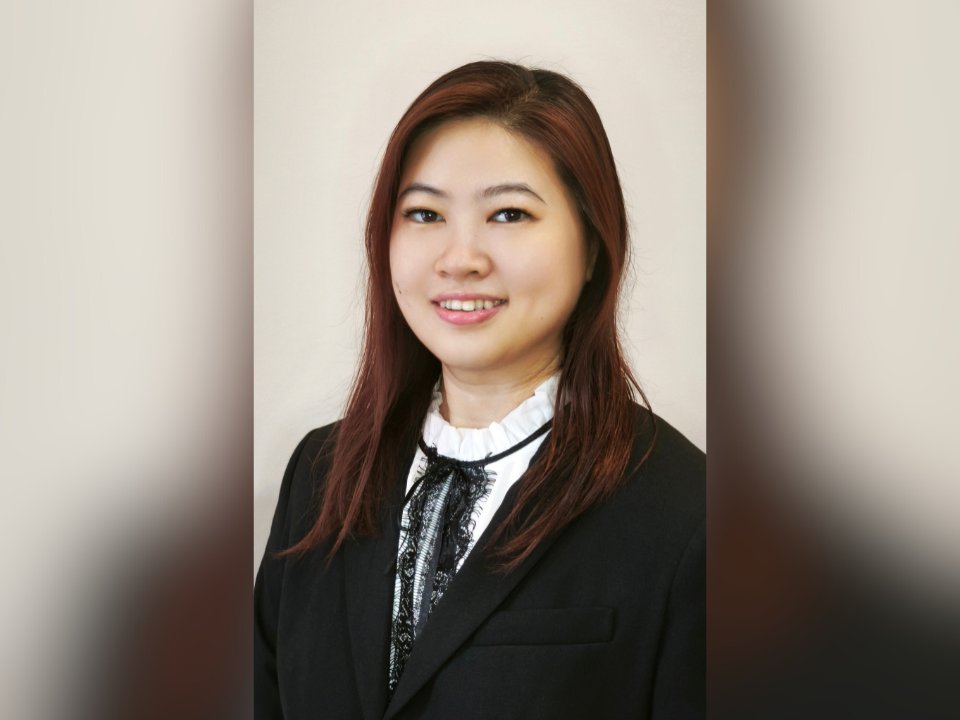
Dr Ong Ai Ling is a member of the Active Ageing Impact Lab and a senior lecturer at Taylor’s University.







